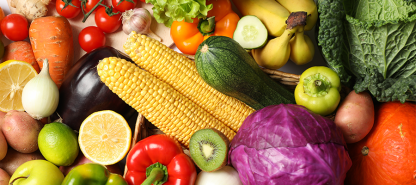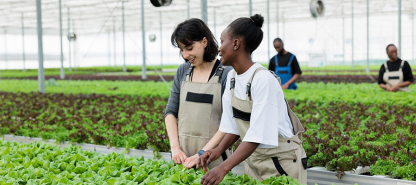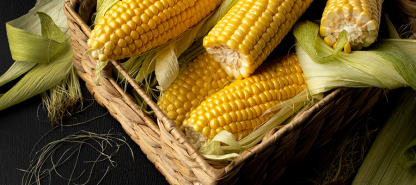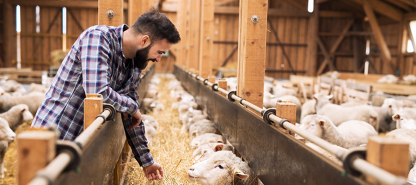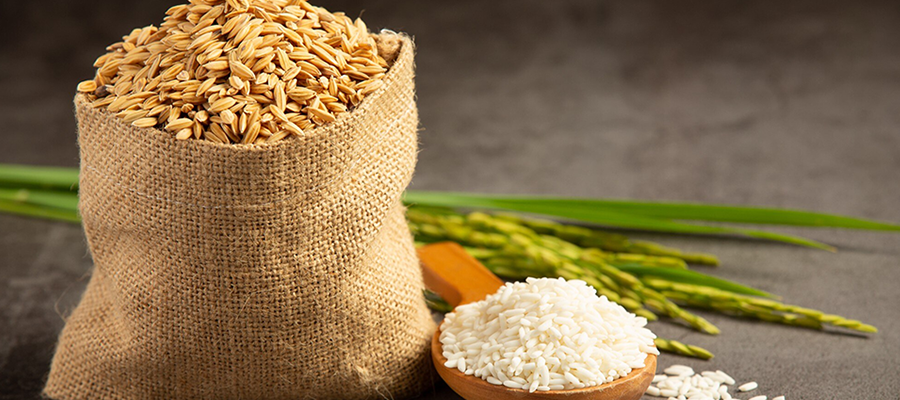
- 12 Jul 2025
The Future of Farming: Sustainable Rice Cultivation for a Growing World
The Shift Towards Sustainable Rice Farming
The global rice industry is undergoing a significant transformation as it embraces sustainable farming practices. Rice is a staple food for more than half the world's population, but traditional farming methods have raised concerns about environmental degradation, resource depletion, and social impacts. Sustainable rice farming aims to address these issues while ensuring food security and protecting ecosystems. Here’s a closer look at this important shift:
1. Environmental Benefits
Sustainable rice farming practices focus on reducing the environmental footprint of rice production. Techniques such as integrated pest management, reduced chemical fertilizers, and improved water management help minimize pollution, conserve water, and protect biodiversity.
2. Water Efficiency
Rice cultivation is often associated with high water use, but sustainable practices emphasize efficient irrigation techniques, such as alternate wetting and drying (AWD). This method reduces water consumption and helps maintain soil health, making rice farming more resilient to climate change.
3. Soil Health Improvement
Practices like crop rotation, cover cropping, and organic fertilization enhance soil fertility and structure. Healthy soils lead to better crop yields and reduced erosion, contributing to long-term sustainability.
4. Pest and Disease Management
By promoting biodiversity and natural pest control methods, sustainable rice farming reduces reliance on chemical pesticides. This not only protects the environment but also ensures safer food for consumers.
5. Economic Viability
Sustainable rice farming can lead to cost savings through reduced input expenses and improved crop resilience. Farmers adopting these practices may find new market opportunities as consumer demand for sustainably sourced products grows.
6. Community Engagement
Sustainable rice farming often involves local communities, promoting knowledge sharing and cooperative efforts. This engagement fosters social equity and strengthens community ties, ensuring that the benefits of sustainable practices are shared widely.
7. Research and Innovation
The shift towards sustainable rice farming is supported by ongoing research and technological innovations. From precision agriculture to improved seed varieties, these advancements help optimize production while minimizing environmental impacts.
Why Sustainable Rice Farming Matters
Sustainable rice farming is critical for several reasons, addressing environmental, economic, and social challenges while ensuring food security for millions around the globe. Here are some key reasons why sustainable practices in rice farming are essential:
1. Food Security
Rice is a staple food for over half of the world’s population. Sustainable rice farming practices help maintain and increase productivity while ensuring a stable food supply, which is vital in combating hunger and malnutrition.
2. Environmental Protection
Traditional rice farming methods often lead to significant environmental degradation, including water pollution and soil erosion. Sustainable practices reduce chemical inputs and promote biodiversity, helping to protect ecosystems and preserve natural resources.
3. Water Conservation
Rice cultivation typically requires substantial water resources. Sustainable techniques, such as alternate wetting and drying (AWD), optimize water use, reducing consumption and ensuring water availability for other agricultural needs and communities.
4. Soil Health
Maintaining healthy soil is crucial for long-term agricultural productivity. Sustainable rice farming enhances soil fertility through practices like crop rotation and organic fertilization, promoting better yields and reducing the need for chemical fertilizers.
5. Climate Change Mitigation
Rice farming contributes to greenhouse gas emissions, particularly methane. Sustainable practices help lower these emissions by improving land management and reducing waterlogged conditions, contributing to climate change mitigation efforts.
6. Economic Resilience
Sustainable rice farming can lead to cost savings through reduced reliance on chemical inputs and improved resource management. Additionally, as consumer demand for sustainably produced food rises, farmers can access new markets and potentially earn higher prices.
7. Social Equity
Sustainable rice farming often involves community engagement and knowledge sharing, empowering local farmers and enhancing their livelihoods. This approach fosters social equity and ensures that the benefits of sustainable practices are distributed fairly.
8. Biodiversity Enhancement
By promoting diverse cropping systems and reducing chemical use, sustainable rice farming supports a variety of plant and animal life. This biodiversity is essential for resilient ecosystems and helps mitigate the risks of pests and diseases.
Investing in Sustainable Rice Projects
Investing in sustainable rice projects offers a promising opportunity for those seeking to align financial returns with environmental and social impact. As global demand for rice continues to rise, sustainable practices are essential for ensuring food security and minimizing environmental degradation. Here are several key considerations for investing in this sector:
1. Growing Market Demand
There is increasing consumer awareness and preference for sustainably produced food. Investing in sustainable rice projects positions you to capitalize on this trend, meeting the demand for ethically sourced and environmentally friendly products.
2. Environmental Benefits
Sustainable rice farming practices reduce chemical inputs, conserve water, and enhance soil health. By investing in projects that prioritize eco-friendly methods, you contribute to environmental preservation and help mitigate the impacts of climate change.
3. Innovation and Technology
Many sustainable rice projects leverage innovative technologies, such as precision agriculture and climate-resilient crop varieties. Supporting these initiatives can lead to improved efficiency and productivity, ultimately increasing profitability.
4. Community Engagement
Sustainable rice farming often involves local communities, fostering collaboration and knowledge sharing. By investing in these projects, you help empower local farmers, support livelihoods, and enhance community resilience.
5. Risk Mitigation
Projects that adopt sustainable practices are often more resilient to climate change and economic fluctuations. This adaptability can lower investment risks and enhance long-term viability.
6. Regulatory Compliance and Incentives
As governments increasingly promote sustainable agricultural practices, investing in these projects can ensure compliance with emerging regulations. Additionally, there may be financial incentives, such as grants or subsidies, available for sustainable agriculture initiatives.
7. Impact on Food Security
Investing in sustainable rice projects contributes directly to global food security. By supporting practices that enhance productivity while protecting resources, you help ensure a stable food supply for future generations.
8. Long-Term Profitability
While sustainable practices may require initial investment, they often lead to lower operating costs and increased crop resilience over time. This can translate into long-term profitability for investors and farmers alike.
Conclusion
Investing in sustainable rice projects not only aligns with responsible investment principles but also supports the transition towards more resilient and eco-friendly agricultural systems. By contributing to sustainable rice farming, you play a vital role in promoting environmental stewardship, enhancing food security, and fostering economic growth in local communities, paving the way for a sustainable future.

